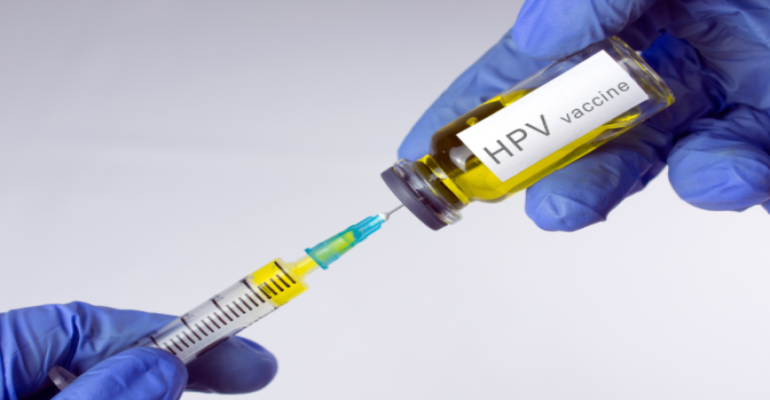
HPV Screening Test and HPV Vaccine
HPV infections are among the most common sexually transmitted diseases. This disease is not exclusive to women and is actually more commonly carried by men. If left untreated, it can lead to very serious health problems.
It is especially recognized as the primary cause of cervical cancers in women. HPV is an infection that can be easily detected with a simple test and controlled with a vaccine.
What is HPV?
Human Papilloma Virus (HPV) infection results in genital warts that can occur in both women and men. HPV causes somewhat hard growths resembling cauliflower, which can sometimes be as small as a pinhead in a single area, but can also grow larger.
This virus causes wart-like growths and can lead to recurring infections.
In women, there are about 40 different types of HPV infections known to cause cancers of the cervix, genital lips, vagina, and anus. Although the immune system can sometimes clear the infection on its own, there is still a risk that HPV can develop into cancer.
Because this virus is easily transmitted through contact, it is essential to take preventive measures and undergo an HPV screening test to detect possible precursor conditions early.
What is the HPV Screening Test?
This is a special cervical screening test performed on women to examine the cervix and check for pre-cancerous conditions. The test is done to determine whether the HPV virus is present in the female genital organs and cervix (cervix). There are two groups of tests: the first group is called co-testing and is performed together with the Pap smear test.
The main advantage of this test is that it detects both the presence of HPV and cellular changes that may cause cervical cancer. The second group of tests is preferred solely for the detection of HPV.
What is the HPV Vaccine?
The HPV vaccine is a medical method used to control HPV infections, which generally show no symptoms, and to minimize the risk of developing cancer. The HPV vaccine is a critical treatment method because about 99% of cervical cancers occur due to this virus.
Vaccination provides primary protection. Different vaccines have been developed for various HPV types. A quadrivalent vaccine is used for HPV types 6, 11, 16, and 18; a nonavalent vaccine for types 6, 11, 16, 18, 31, 33, 45, 52, and 58; and a bivalent vaccine for types 16 and 18.
How is the HPV Vaccine Administered?
The HPV vaccine is administered to girls and boys as follows:
- Two doses between ages 9 and 14,
- Three doses between ages 14 and 40.
- If vaccinated between ages 9 and 14, the first dose is given on a scheduled date, and the second dose is given six months later. For ages 14 to 40, the first dose is given on a scheduled date, the second dose two months after the first injection, and the third dose six months after the first injection. Age ranges and dosages may vary as new studies emerge.

